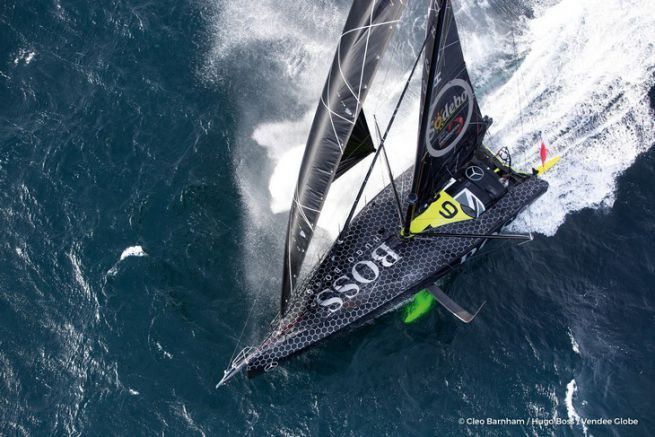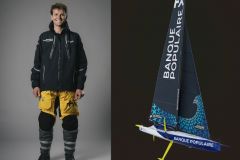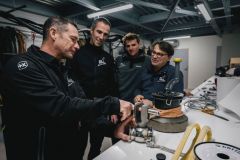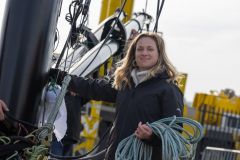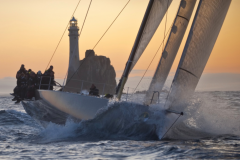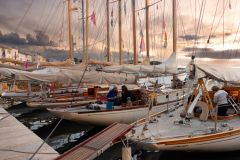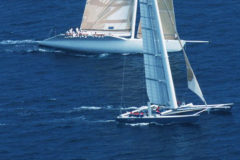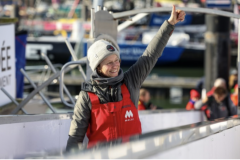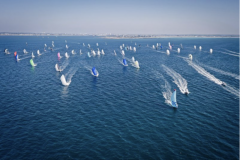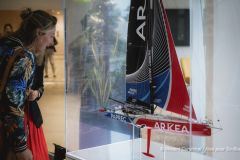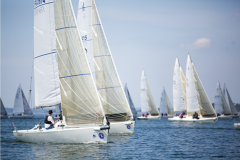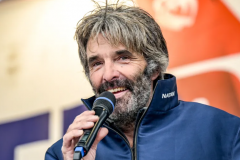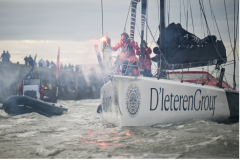The Thomson rocket, as the Vendée Globe organisation likes to call it, has struck again. After a mistake (shift to the east along the Portuguese coast), he found himself in ninth place instead of the head of the fleet. But that was without counting on the tenacity of the skipper of Huog Boss, who did not give up anything to regain his leading position.
He is the one who has covered the most miles in 24 hours: 480 at a speed of 20 knots. He is also the fastest man since the start of the Vendée Globe and the one who has covered the most miles since Les Sables-d'Olonne: 2,226 miles at an average speed of 15 knots.
It is therefore only logical that he is the first of the 29 competitors to cross the Equator after 9 days, 7 hours and 3 minutes at sea. The British candidate thus improves by 1 day and 4 hours on the reference time which had been held since 2004 by Jean Le Cam in 10 days 11 hours 28 minutes.
"Hugo Boss is going to beat my record on the equator, that's for sure... it's been since 2004, it's about time!" said Jean Le Cam during the November 15 radio session.
It has to be said that the Doldrums - known for its unstable weather conditions, oscillating between calms and squalls - wasn't too difficult for the skipper of the black yacht to get through. " I think this crossing of the Doldrums was the easiest of my career. Normally, the rich get richer at this stage. As I'm further south than the others, I'm going to hit the strong wind before my pursuers. According to the routing, I should be approaching the Cape of Good Hope in around ten days time" he said at the November 15 radio session.
Behind them, Vincent Riou (PRB) and Armel Le Cléac'h (Banque Populaire VIII) are sailing within sight, as can be seen in the videos sent out today. All this after more than nine days of racing and nearly 3,000 miles covered... They are expected at the equator between 1 and 2 o'clock in the morning.
